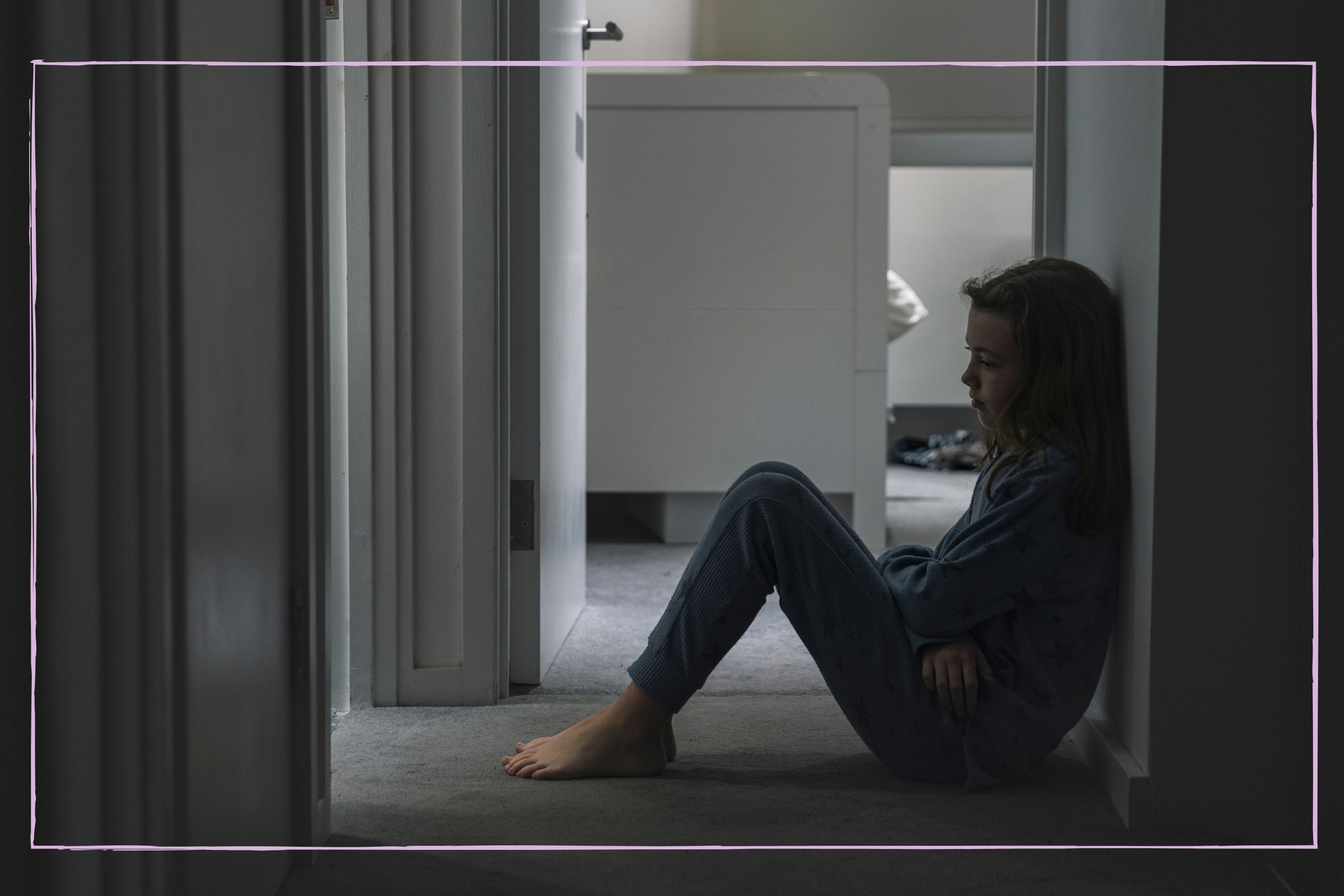
A child psychologist has revealed that children with ADHD will receive 'more negative messages' than their neurotypical peers while they grow up, highlighting how important it is for parents to 'know how to support them.'
Developmental disabilities and neurodevelopmental conditions in children are better understood now than ever before, with ADHD symptoms and ways to support children with autism being well-spoken about topics in today's society.
But that doesn't mean the stigma attached to them has been completely eradicated. In fact, despite ADHD affecting around 2.6million people in the UK alone, one child psychologist has revealed that kids with the neurodevelopmental condition are more likely to receive 'negative messages' than their neurotypical peers.
According to Dr. Carrie Jackson, "Kids with ADHD will receive 20,000 more negative messages than neurotypical kids by the time they are 12. Which is why it’s even more important for caregivers to know how to support them."
In order to offer that support, she says parents need to 'notice' their kid's strengths and recognise them, rather than point out the aspects of life they struggle more with. "By praising your child’s strengths, you can help reduce the effects messages that are negative have on them," she says.
Her recommendation is backed up by the advice offered by charity Young Minds who have shared a list of 10 ways for parents of kids with ADHD to better support them.
How to support a child with ADHD
1. Be understanding. "Remember your child cannot help having ADHD, so try not to get angry or frustrated with them because of it. Separate the child from the behaviour."
2. Give simple instructions. "Make sure they are looking at you so you have their attention. Talk slowly and calmly. Break tasks like getting ready for school down into steps, e.g. ‘first brush your teeth then put on your shoes’."
3. Set clear boundaries. "Be explicit and consistent about unacceptable behaviour, such as violence. Set appropriate consequences and follow them through, but try to stay calm in the moment to avoid escalation." Our expert advice on what setting a boundary with your kids really sounds like may be useful for this step.
4. Involve the family. "Explain ADHD to siblings and family members and discuss how everyone has different needs. Make sure attention isn’t always focussed on the child with ADHD, recognise the potential impact on siblings, and avoid labels like ‘the naughty one’."
5. Build healthy routines. "Plan the day so your child knows what to expect. Maintaining regular sleep patterns, physical activity and mealtimes can help your child. Some people find dietary change and/or certain supplements helpful." Our expert-led tips to build a morning routine that will help everyone leave the house on time gives more insight on this.
6. Help with organisation. "Checklists, visual timetables and sticky notes (in key places like the front door or desk), phone alarms and other aids are helpful. Explain their use to your child. And try not to completely take over so that your child can develop organisational skills."
7. Praise your child. Like Dr. Carrie Jackson, the charity says to, "Acknowledge successes (however small), but don’t patronise by over-praising. Try to praise or reward immediately and be specific about the reason to help reinforce good behaviour."
8. Manage triggers. "Look for signs your child is becoming frustrated or over-stimulated and try to remove them from the situation. A diary of times and triggers can be helpful. Keep playdates for younger children short to avoid them being overwhelmed."
9. Recognise strengths. Again like Dr. Carrie Jackson, Young Minds tell parents to "Help your child identify their individual strengths and celebrate them. Recognise that ADHD can bring positives too, such as extra enthusiasm for a hobby, or creativity. Highlight successful role models with ADHD."
10. Find local support. "Parenting programmes and support groups can help reduce stress and isolation as well as be a source of new ideas and strategies for you."
In other family news, parents 'don’t always need to validate their kids’ feelings' - expert argues 'obsession' with validation results in ‘less emotional regulation’, not more. Plus, the government are set to announce ‘ban’ on sex education for children under 9 - here's why headteachers say it won't make ‘much difference’. And, a psychologist has warned of the one ‘big message’ you send your child if you film them having a meltdown.







